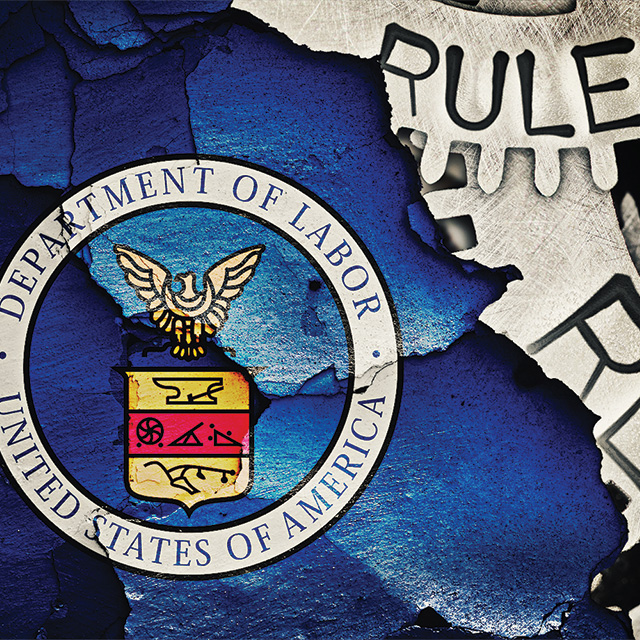
Much to the chagrin of the advisory community, the Department of Labor rule is back — in a new "prohibited transaction exemption." Although the PTE became effective on Feb. 16, 2021, as discussed below, full compliance will not be required until Dec. 20, 2021.
PTE requirements will seem similar to those of the prior rule. To gain a better understanding of the PTE and how to comply with its requirements, I sat down with my colleague Ryan Walter, an ERISA specialist.
Ryan advised that the PTE allows investment advice fiduciaries to receive what would otherwise be prohibited compensation.
An investment advice fiduciary is defined as a person who provides investment advice for a fee or other compensation, direct or indirect, with respect to any money or other property of a plan, if the following facts and circumstances apply:
• The person renders advice as to the value of securities or other property, or makes recommendations as to the advisability of investing in, purchasing or selling securities or other property;
• Does so on a regular basis;
• Pursuant to a mutual agreement, arrangement or understanding with the plan, plan fiduciary or individual retirement account owner;
• The advice will serve as a primary basis for investment decisions with respect to the plan or IRA assets; and
• It will be individualized based on particular needs of the plan or IRA.
The above analysis of facts and circumstances also applies to rollover recommendations.
Thus, a recommendation to roll assets out of an ERISA plan is fiduciary investment advice if provided by a person who satisfies all of the requirements of the above five-part test.
The DOL has indicated that until Dec. 20, 2021, an investment advice fiduciary can comply by simply adhering to the PTE's Impartial Conduct Standards:
• Providing investment advice that is in retirement investors' best interest;



